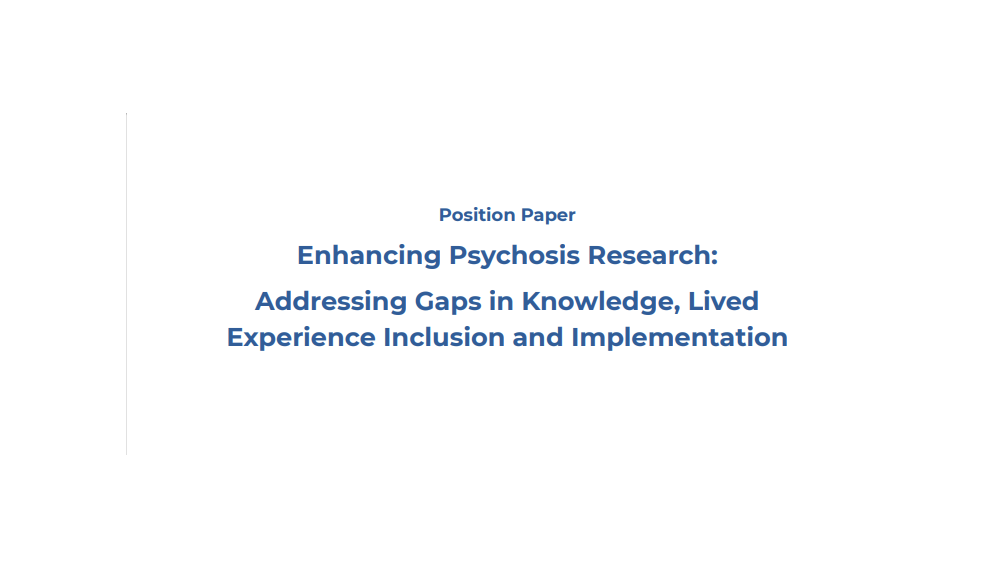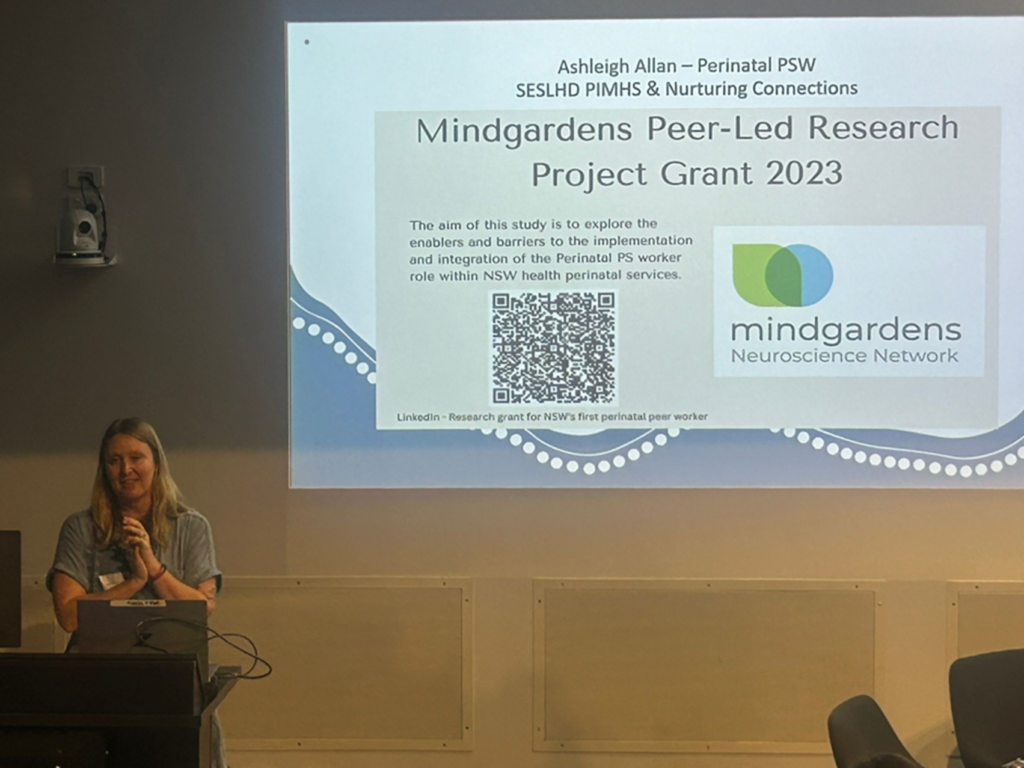Integrated care emerging as promising solution to global burden of youth mental health
A new conceptual model for integrated care has emerged as a promising solution to address the global burden of youth mental health disorders.
Dr Michael Hodgins, Research Fellow at the School of Clinical Medicine at UNSW, said designing, staffing, and evaluating integrated care models was challenging due to limited evidence.
“In response to this challenge, our comprehensive review sought to consolidate existing knowledge on integrated mental healthcare models for young people,” said Dr Hodgins, co-author of the article published in the International Journal of Integrated Care.
“Our findings have culminated in the development of the Youth Integration Project framework, which provides a roadmap for implementing and sustaining effective integrated care within the youth mental health system.”
Dr Hodgins also remarked that integrated care is crucial for addressing youth mental health challenges globally.
“We conducted a systematic review across PubMed, SCOPUS, PsycINFO databases, and grey literature and found patterned themes from the literature revealed important components of integrated care,” Dr Hodgins said.
“We mapped these themes into a novel framework that combines World Health Organization (WHO) health system building blocks with six intensity levels of integrated care. The Youth Integration Project framework serves as a foundation for well-articulated models of youth integrated mental health pathways.
“It assists services in identifying necessary operational changes to optimise integrated care.”
Research Findings:
- Literature Search: A total of 7,158 records were identified, resulting in 4,668 articles after removing duplicates.
- Eligibility Assessment: After screening titles and abstracts, 115 full-text articles were assessed. Of these, 79 were excluded based on predefined criteria.
- Thematic Analysis: Our initial themes included multidisciplinary team-based care, communication systems, shared vision, continuity of care, and governance.
- Mapping to WHO Building Blocks: We aligned our themes with WHO health services research building blocks (service delivery, workforce, health information systems, technology, finance, leadership, and values).
Professor Jackie Curtis, Executive Director at Mindgardens, said the Youth Integration Project framework represents a significant step toward enhancing youth mental health care.
“By leveraging existing evidence and integrating it with WHO principles, we empower healthcare providers to create sustainable, holistic pathways for young people’s mental well-being,” Professor Curtis said.
“Real world experience of how integrated youth mental healthcare can be delivered at a service level, through structural and systemic redesign, is needed to support and inform local integration efforts, ensuring young people can access appropriate mental health care.”
Brings together the strengths of four founding organisations









